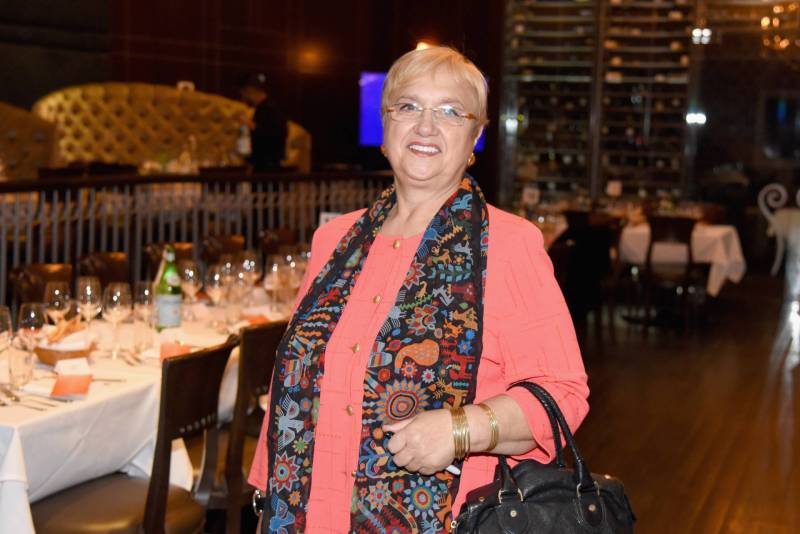In Louisville, Kentucky, she is fed and serenaded by Cuban immigrants, one of whom started as a waiter before opening a restaurant with his maxed-out credit cards. In Bakersfield, California, she meets a community of Punjabis who have opened a roadside truck stop, and others who are almond farmers and processors.
Zara Frankel, senior director of programming and development at PBS, hopes the special “will inspire people to step outside their comfort zone, learn about new ingredients, test out unfamiliar recipes, and taste something they’ve never experienced before.”
Among her stops, Bastianich visits Houston to meet MasterChef season-three winner Christine Ha, who often mixes her Vietnamese heritage with Tex-Mex elements. The two chefs make a braised pork belly dish, while Ha recalls being teased as a youngster for the pungent lunches she brought from home.
“For me, being able to take these dishes that were once uncool and unpopular, and the things I would take to school and get laughed at or teased about, and now being able to introduce it onto the menus at my restaurants and having people excited to try it, is the ultimate accomplishment,” Ha says.
Throughout the series, Bastianich and the immigrants share their food, from stuffed flatbread from India to the Cuban classic ropa vieja. She marvels at the different flavors but also the commonalities.
Bhutan’s pea soup, for instance, “reminded me so much of the American split pea soup or, as we make it in Italy, the dry fava soup,” she says.
Over a table — or sometimes on the floor — Bastianich eats meals that the immigrants say remind them of their homelands, and shares their new dreams.
“No matter what culture is getting together — at the table or floor — to eat together, that’s the moment of real exchange and understanding and nurturing and wanting well for somebody,” she says.



